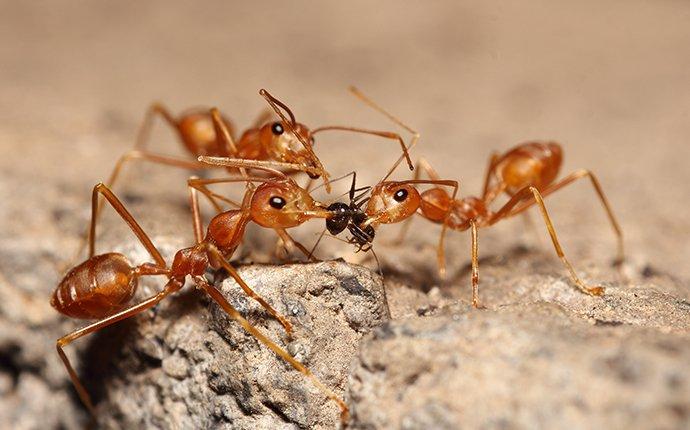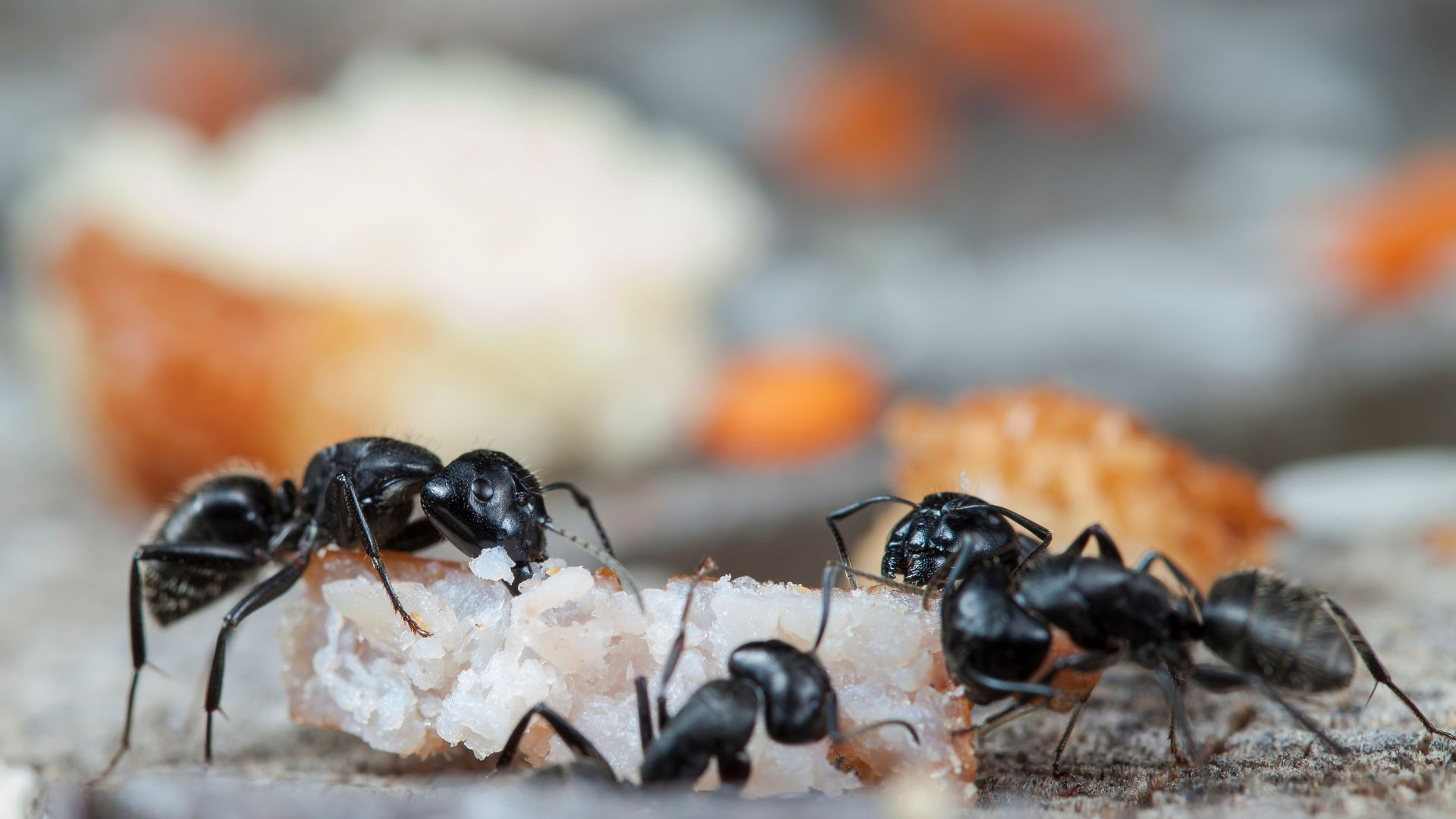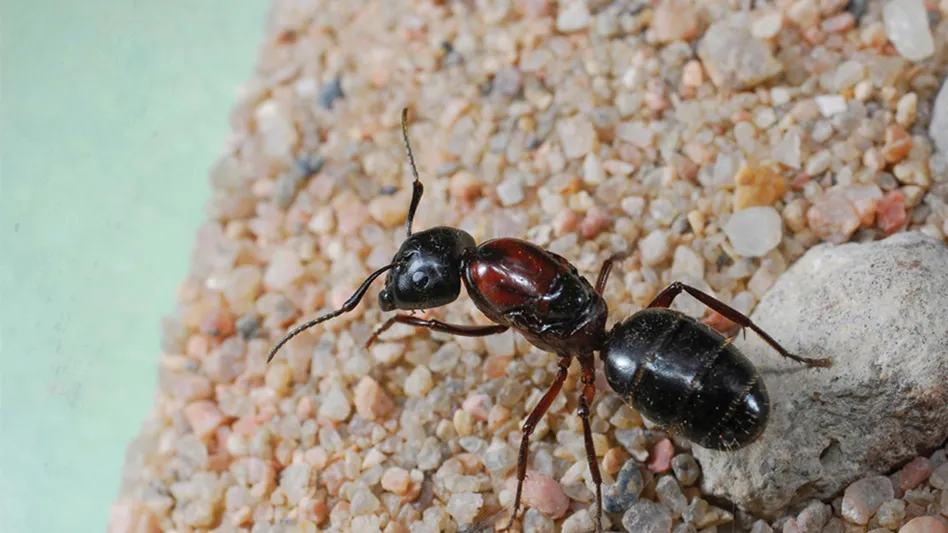Effective Ant Control: Specialist Services to Get Rid Of Ant Infestations
Effective Ant Control: Specialist Services to Get Rid Of Ant Infestations
Blog Article
Environmental Influence of Parasite Control: Balancing Effectiveness With Sustainability
The ecological influence of bug control is an important concern that requires a delicate balance in between achieving efficiency in handling parasites and guaranteeing sustainability of our communities. From the usage of dangerous chemicals that permeate into our dirt and water to the unplanned effects on non-target varieties, the repercussions of conventional insect control methods are significant.
Unsafe Chemicals in Parasite Control
The application of harmful chemicals in parasite control poses significant environmental and health risks that require mindful factor to consider and reduction methods. Chemicals, pesticides, and herbicides are generally made use of to remove bugs, however their extensive application can result in unintentional consequences. These chemicals can pollute soil, water sources, and the air, influencing not just the targeted insects but additionally advantageous insects, wild animals, and people.

To resolve these dangers, incorporated bug monitoring (IPM) methods are being advertised as a much more sustainable option. IPM involves a combination of techniques such as biological control, habitat control, and the targeted use of pesticides as a last resource (ant control faquay varina nc). By taking on an alternative strategy to pest control, we can minimize the environmental and wellness influences related to damaging chemicals while efficiently handling pest populations
Effect On Non-Target Variety
Taking into consideration the unplanned repercussions of pest control approaches, the effect on non-target varieties is a crucial aspect that requires thorough analysis. While insect control actions intend to target certain pests, various other organisms in the environment may be unintentionally impacted. Non-target species, consisting of advantageous pests, birds, mammals, and also plants, can experience indirect or straight injury from chemical applications or biological control techniques.
Chemicals can have sub-lethal or deadly effects on non-target types. For example, pesticides designed to fight a certain insect bug might hurt pollinators like or all-natural predators such as ladybugs. Furthermore, chemical deposits can accumulate in the atmosphere, influencing non-target organisms in time. Likewise, organic control agents, if not species-specific, can position dangers to unplanned targets, interrupting the eco-friendly equilibrium.
To alleviate the influence on non-target varieties, incorporated bug administration (IPM) strategies that highlight an alternative method to pest control are suggested. These methods prioritize using eco friendly techniques, decreasing injury to beneficial microorganisms while effectively managing pest populaces. Performing detailed danger evaluations and checking the end results of bug control efforts are important action in guarding non-target types and promoting overall ecosystem wellness.
Soil and Water Contamination
Unplanned ecological repercussions of insect control techniques prolong past influencing non-target species, with substantial ramifications for soil and water contamination - termite control. Chemicals, herbicides, and chemical fertilizers utilized in pest control can seep into the dirt and contaminate groundwater, positioning a hazard to both water and terrestrial ecosystems.
Water contamination is one more important issue connected with bug control practices. Runoff from agricultural fields treated with chemicals can lug these chemicals into neighboring water bodies, impacting water microorganisms and water top quality. Impurities in water resources can have significant repercussions, impacting not only aquatic life but also human health and wellness via the usage of contaminated water or marine organisms. To reduce soil and water contamination from parasite control activities, integrated insect management strategies that focus on sustainability and reduce chemical inputs are vital.
Air Air Pollution From Pesticide Use
Exposure to air-borne pesticides throughout agricultural applications presents a considerable problem for air contamination control actions. In addition, pesticide drift, where pesticides are lugged by the wind to unintentional locations, can lead to the contamination of nearby ecological communities and water bodies.

Strategies for Sustainable Insect Control
In the world of farming techniques, implementing sustainable insect control methods is extremely important for maintaining ecological balance and protecting crop returns. Lasting parasite control emphasizes using environmentally friendly techniques to handle bug populaces properly while decreasing harm to non-target microorganisms and ecosystems. Integrated Insect Management (IPM) is a widely adopted technique that combines organic, social, physical, and chemical control approaches to attain long-term pest management remedies.
One trick approach in lasting bug control is advertising biodiversity within agroecosystems. By boosting all-natural opponents of pests, such as predators and parasitoids, farmers can lower the demand for artificial pesticides. Crop turning and diversity are likewise effective techniques to disrupt pest life process and produce less favorable problems for bugs to flourish. Furthermore, using pest-resistant plant ranges and utilizing strategies like trap chopping can help reduce insect stress without relying heavily on chemical treatments. Ultimately, by integrating these sustainable insect control strategies, farmers can accomplish a balance in between pest management effectiveness and ecological stewardship.
Verdict
In final thought, the environmental influence of parasite control techniques ant control kernersville nc should be thoroughly taken into consideration to stabilize performance with sustainability. Dangerous chemicals made use of in insect control can lead to dirt and water contamination, air contamination, and harm non-target types - termite control. It is essential to carry out lasting insect control methods to decrease these unfavorable effects on the setting and promote a much healthier ecological community for future generations
By adopting an alternative strategy to pest control, we can decrease the ecological and health and wellness influences connected with hazardous chemicals while properly managing pest populaces.

To alleviate the air contamination caused by pesticide usage, it is crucial to adopt integrated insect monitoring methods that focus on the use of non-chemical insect control techniques, such as crop rotation, natural killers, and immune plant ranges. Sustainable pest control emphasizes the usage of ecologically friendly methods to handle parasite populaces properly while minimizing damage to non-target microorganisms and ecological communities. Integrated Bug Administration (IPM) is an extensively embraced technique that integrates organic, cultural, physical, and chemical control methods to achieve long-term pest management options.
Report this page